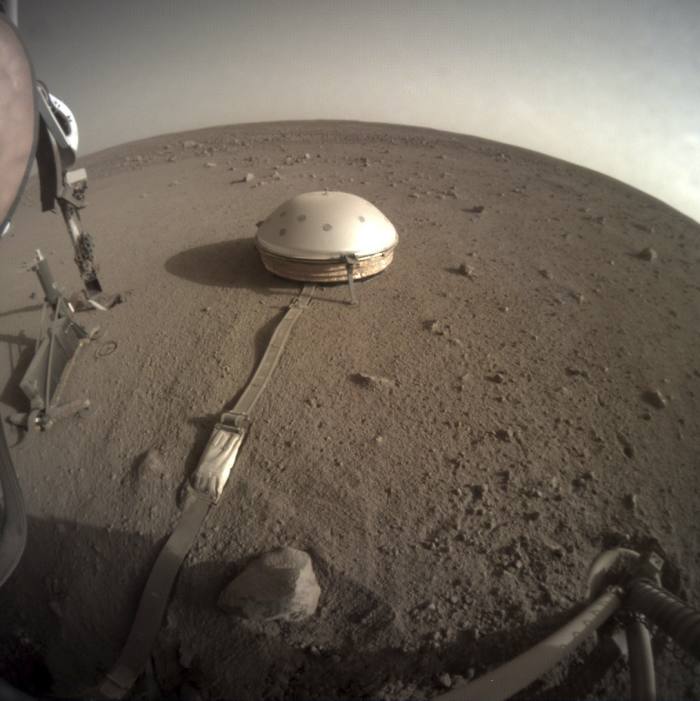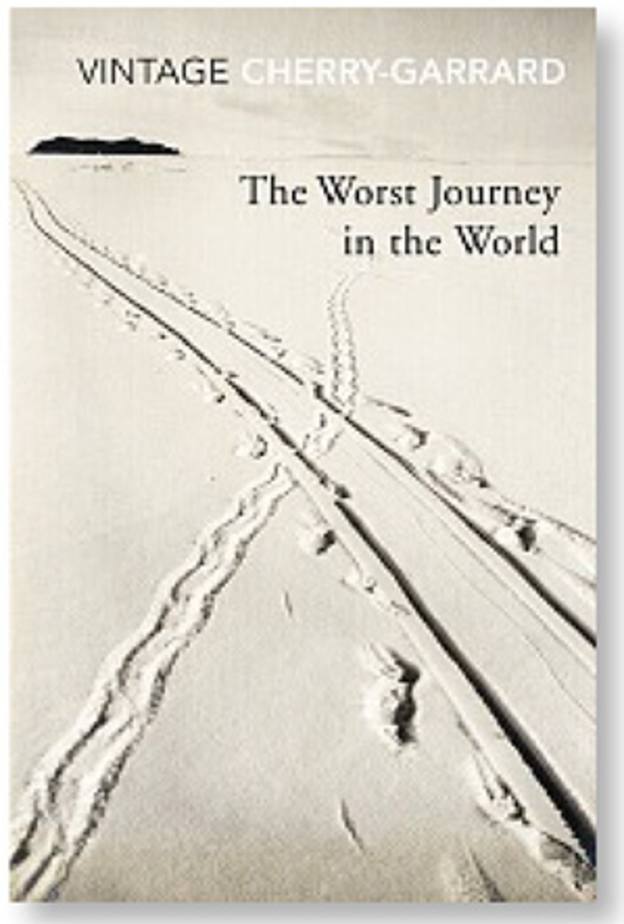
As part of my work at Cass Business School I research explorers and exploration and what business can learn from these ideas.
Every culture in the world admires explorers because they create new value in terms of resources, knowledge, technology, leadership and learning.
My research ranges from reading historic accounts of expeditions and plans, to actually following in some explorers’ footsteps. It has become something of a personal obsession – in recent years my explorations have taken me to the graves, monuments or ships of famous explorers and even on expeditions trekking in Colombian jungles for lost cities, climbing mountains and camping at 20 degrees below freezing in the Arctic Circle.
I am now preparing to join a team in a simulated Mars habitat next January in Utah, so current conditions of social distancing and isolation are probably a good way to start training. Explorers, whether literal or metaphorical, create value through the expedition, with the purpose of discovery.
There might be a strategic problem to be solved, a new market to be mapped or a change to be negotiated; these can each be thought of as a form of expedition.
Different types of exploration require a different expedition, depending on goals, resources and contexts. For example, summiting a mountain with a visible peak is not equivalent to crossing a desert without landmarks.
Explorers in many walks of life exhibit similar, distinctive behaviours – pushing boundaries, creating knowledge and connections and sharing powerful narratives.
But I have found an explorer’s story only creates value when it differs from “adventure”.
They are not just survival tales in extreme environments, or episodes of record-breaking endurance; explorers’ stories are of experiences and encounters that change others’ understanding of the world and what is possible.
Therefore, a book I have enjoyed is The Worst Journey in the World.
This is the 1922 memoir of Apsley Cherry-Garrard of the ill-fated Terra Nova Expedition to the South Pole in 1910–1913; a moving expedition classic – read this and you will feel especially grateful for a walk in the sunshine.
My favourite podcast is the fabulously named Time to Eat the Dogs by Michael Robinson (no relation), a professor of history at the University of Hartford in Connecticut.
Many people – explorers, scientists, artists, anthropologists, literary scholars, and historians – have things to say about exploration and Mr Robinson’s rich and eclectic podcast curates engaging discussions across disciplines.
I rarely listen to albums these days, preferring Spotify playlists as I most often listen to music while walking. The right music turns a stroll into exercise.
There are some great quarantine playlists put together with the dark, dry humour I enjoy.
My song of the moment is the quirky sing-along of pure pop gold that would have been Iceland’s entry to the 2020 Eurovision Song Contest, Think About Things by Daði og Gagnamagnið.
When I read about Daði Freyr Pétursson’s meticulous research into creating a Eurovision hit, and that the band is made up of his wife, sister and their friends, I loved it even more.






